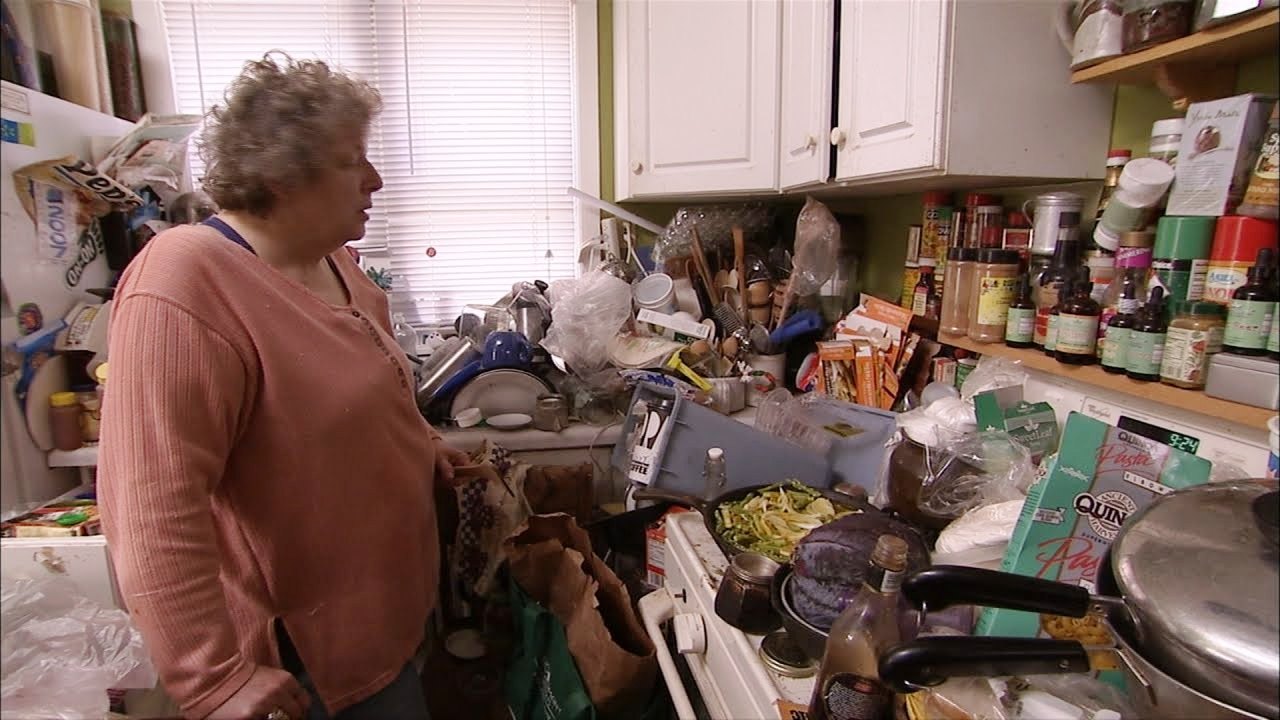But so many of those hopes, dreams and goals simply never happen. Why? And what WILL it take for us to finally look back and realize we actually did accomplish something in the new year?
I think there are a couple of key ingredients for success. First, we need a crisis mentality. A good friend of mine just discovered that some cancer he had had removed has returned other places. While it was serious before it's a potential personal crisis now.
I know this. He doesn't need anyone's motivation, list of resolutions or accountability partner to fight this now with all of his being. If he doesn't the results will likely be disastrous. And yes we hope that many of our goals aren't that serious but we need to think more that way. For example, we might need to lose ten pounds or more.
What if we started thinking that if I don't lose this weight I could end up gaining more, becoming more unhealthy and perhaps not be able to enjoy my family the way I could if I got healthier? To not lose weight with this kind of thinking could be a crisis. That would probably motivate us a lot more than just a list.
More significantly, what if we thought about the consequences of not getting our finances together, working on a relationship or stopping a habit or practice that could destroy our marriage? That might get us going.
Second, we must have a plan. The old adage, you don't plan to fail you just fail to plan, fits here. Write down not only your big goal but the little goals you need to get there. Have someone doing it with you if possible. Make deadlines for when you will start, join a club or group, start classes, etc.
Ideally, have an accountability partner keeping tabs on you, too. Make sure they are ruthless. Plan to work and work the plan.
Third, we must get real. So many of our resolutions are just talk, way beyond our resources or ability and discourage us just thinking about them. So start at a realistic trailhead. Make sure you can accomplish the first few steps before you commit to the bigger ones. And if you can't really do this find something else! You don't have to climb Everest. There are other smaller mountains to climb first.
Fourth, anticipate and then enjoy your early successes. Dave Ramsey, financial expert, tells couples in large amounts of debt to first pay off the smallest amount. That way they get success and can apply those funds to the next smallest sum. We need to do the same no matter what our goal is. Get to the first plateau and celebrate it, encourage yourself and look forward to the next one.
Finally, remember that God wants you to grow, become more like Jesus and to be the person He intended. Invite Him into the process, ask Him for strength and wisdom along the way.Christ followers actually have God's power in them to do more than they could otherwise. Use it.
If you'll tackle your resolutions wisely and with God's help they might just turn into a personal revolution!





























